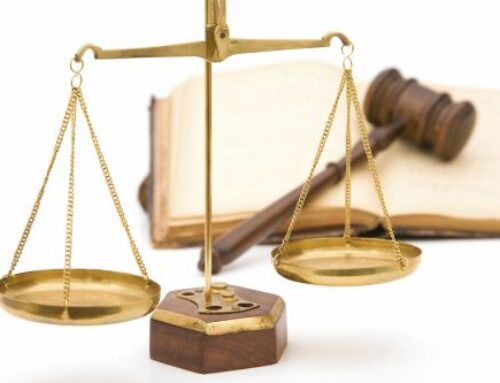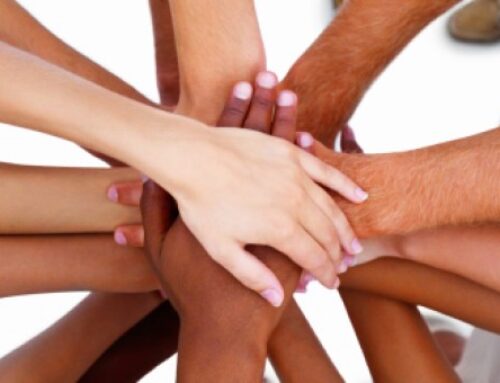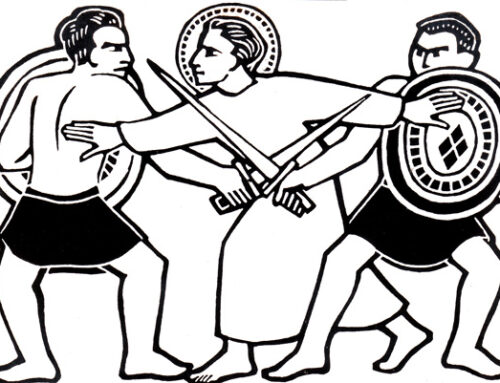Christian Privilege
November 27, 2016
Categories: Justice
This blog post is Part 7 in a 12-part blog series on Christianity and justice. (If you missed the first post, you can find it here.) We have been talking about barriers that hold Christians back from getting involved in supporting justice causes—including having an eschatological view that prioritizes heaven vs. the here and now, and disagreeing with certain causes from a Biblical perspective.
One final barrier that I believe holds Christians back from supporting justice causes is privilege. Privilege is a sneaky barrier because if you are part of a privileged group, you may not be aware of your privilege. It just might seem ‘normal’ or ‘the way things are.’
Privilege refers to unearned advantages that individuals from some groups have, just because they belong to a particular group. For example, in our society today, certain groups of people (e.g., White, male, heterosexual, high socioeconomic status) have more power and privilege than other groups of people (e.g., Racial/ethnic minority, female or transgendered, gay/lesbian/bisexual, low socioeconomic status). It’s as if some folks start life on third base and think they have hit a triple.
Privilege comes in many forms. For example, a Black person may have to deal with racism, prejudice, and discrimination, whereas a White person gets the benefit of the doubt. Until recently, heterosexual people could get married, and gay people couldn’t. A child growing up in a wealthy family has more educational opportunities than a child growing up in poverty. And so on.
Christianity has long been part of the dominant social structure of the United States. Even if they are not active in their faith, the majority of people in this country identify as Christian and believe in God. Christianity in the United States is often connected with an ideology consistent with individualism and capitalism (e.g., Protestant work ethic). Because of this, it may be difficult for some Christians to recognize or know what to do with their privilege.
I think recognizing our privilege is the first step. Awareness is often a prerequisite for change. It is important to admit that there are social structures in our society that are not fair—that allocate money and resources in an unjust way. People who have more privilege need to honor and listen to the stories of people who have less privilege.
Once you recognize your privilege, it can be difficult to know what to do with your privilege. Some people advocate to ‘give up’ your privilege, but I’m not sure this is the best way forward (or even possible). For example, if you are a man, you can try to ‘give up’ your gender privilege and assume a position of lower power, but the fact remains that you are still a man and operate in a society that treats men and women differently. Instead of giving up your privilege, I would encourage us to focus on the overall point of this blog series: justice. Once you recognize your privilege, the next step is to figure out how to become an ally or advocate to help others achieve justice for themselves, their families, and their communities. In the last few blog posts of this blog series, we will discuss some concrete steps you can take develop your skills as an ally or advocate for justice.
Discussion: What do you think of the concept of privilege? In what areas do you experience high levels of privilege? In what areas do you experience low levels of privilege? Where are you aware of privilege showing up in your own life? What do you do with your privilege once you become aware of it?
Click here to read Part 8: Humility, The Foundational Attitude
Related Thoughts

Subscribe To My Newsletter
Join my mailing list to receive the latest blog posts.
Receive my e-book “The Mental Health Toolkit” for free when you subscribe.





